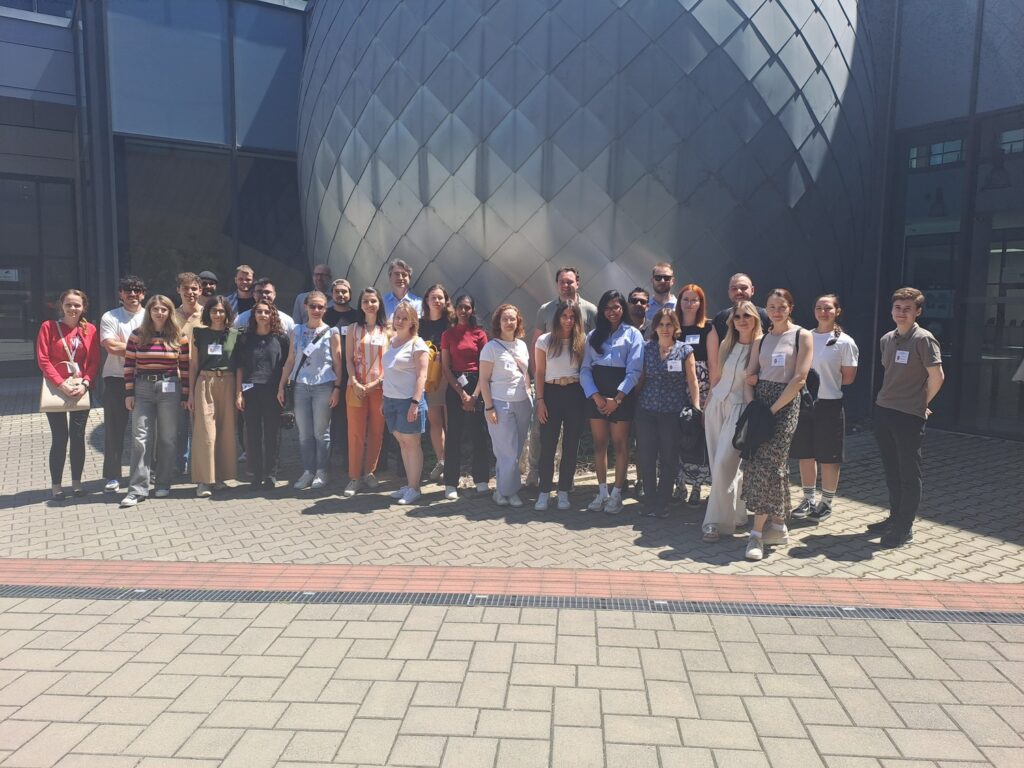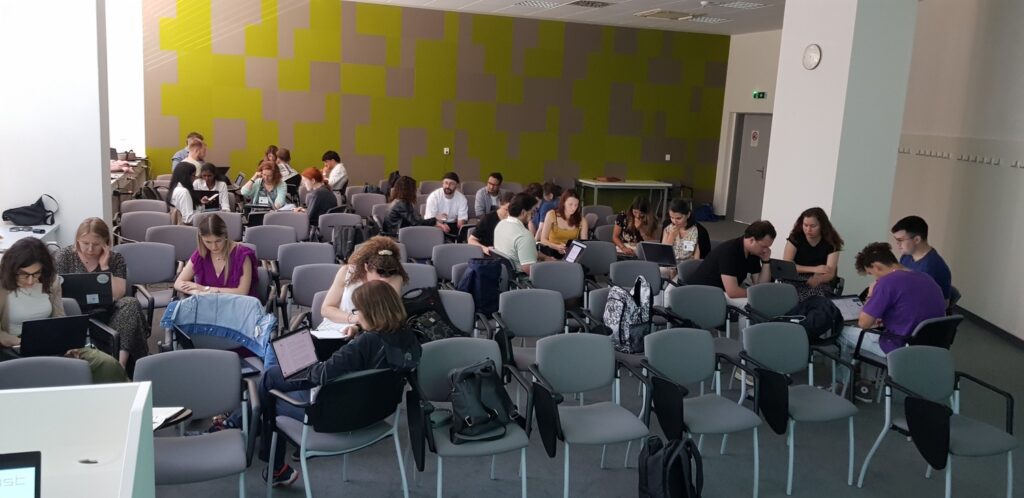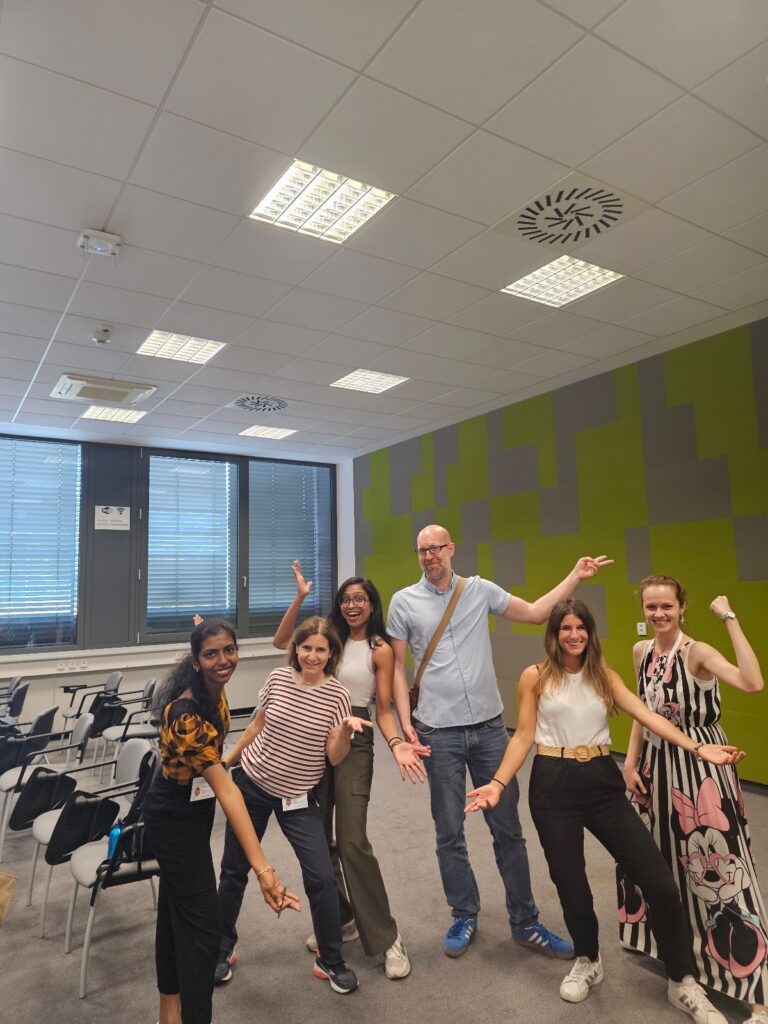
What happens when you put 25 curious, motivated young researchers in a room with leading experts in rodent behavior, home cage technologies, and some seriously cool tracking software? You get the Second TEATIME Beginners Training School — four jam-packed days of hands-on learning, eye-opening lectures, and more scientific “aha!” moments than you can count.
Hosted at the Faculty of Medicine at Comenius University in beautiful Bratislava, this COST-funded event (part of the TEATIME Action CA20135) brought together Master’s, PhD, and postdoc-level researchers for a deep dive into home cage monitoring. It wasn’t just about learning — it was about connecting, experimenting, and seeing behavioral science from a new perspective.
The main aim? To explore the use of home cage technologies to assess rodent behavior in more natural and welfare-friendly ways — all while gaining exposure to cutting-edge tools, building collaborations, and getting feedback from world-class experts.
If you thought stats were dull, Nuno Franco made you think again. With his no-nonsense approach, he walked us through the essentials of good scientific practice — from sample size and blinding to randomization and avoiding bias. His advice? “Design with care, analyze with purpose, and never underestimate the power of proper planning.”
We got hands-on with both commercial tools (ANY-maze and EthoVision) and open-source options like DeepLabCut. Whether you were a beginner or already dabbling in code, there was something for everyone. Daniela Domingues’s DeepLabCut session was a fave — imagine training AI to recognize and track mouse poses. It’s as cool as it sounds.
From classical mazes to fully automated home cage systems, we compared the pros and cons of each approach. The home cage systems really stood out — offering round-the-clock insights without the stress of removing animals from their environment. Plus, we saw real examples of how these tools are being adapted for complex conditions like depression, anxiety, and even social behaviors.
Sessions from Silvia Mandillo and Otto Kalliokoski turned into mini masterclasses on how to think critically, plan effectively, and even troubleshoot like a pro. Otto’s “Game of Science” session had us all questioning our assumptions in the best possible way.
In the words of the group, the week and experience was:
Inspiring, Supportive,
Innovative, Practical,
Mind-blowing, Motivating,
Fun
Every day was a mix of deep learning and real conversations. The workshops were hands-on and full of useful takeaways. The student presentations gave us all a chance to showcase our work and get feedback from peers and pros alike. And let’s not forget the socials — Bratislava did not disappoint when it came to food, drinks, karaoke and late-night scientific debates!
By the end of the week, we weren’t just attendees — we were part of a growing community. The TEATIME network really lives up to its name, creating a space where young researchers can learn, connect, and grow alongside some of the best researchers in the field.
Massive thanks to COST and the organizing team, especially Veronika Borbélyová, for making this all possible and to trainees and trainers: thanks for the support, the brainpower, and the shared goal of making behavioral research better for both science and the animals.
Until next time!

